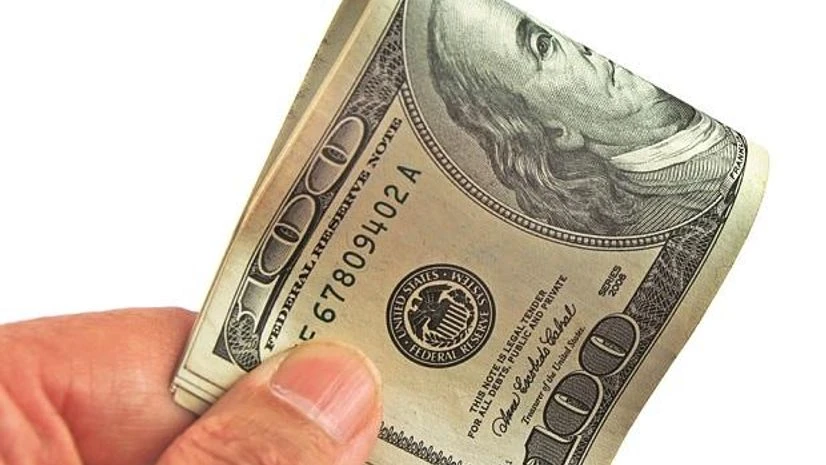The dollar extended its rally on Monday after a strong U.S. jobs report suggested the Federal Reserve could stay hawkish for longer, while the yen was hit by news the Bank of Japan's Deputy Governor Masayoshi Amamiya was being sounded out to be the next governor.
The Nikkei newspaper reported, citing anonymous government and ruling party sources, that Prime Minister Fumio Kishida's administration was in the final stages of deciding on current governor Haruhiko Kuroda's successor along with two new deputy governors.
The yen weakened to a three-week low of 132.60 per dollar after the report, and was last fetching 132.35, down 0.88%.
Tapas Strickland, head of market economics at National Australia Bank, said Amamiya dovish policy credentials are raising uncertainty about BOJ's eventual exit from its ultra-easy monetary stance.
The BOJ's loose policy settings have attracted increasing criticism from many quarters, including opposition politicians and traders, for distorting market function.
"Amamiya has helped Kuroda since 2013 on monetary policies, and is considered the most dovish among the contenders, which is thrashing hopes that BOJ policy normalization could progress under the new chief," Saxo Markets strategists said.
More From This Section
Amamiya played a key role in drafting Kuroda's asset-buying programme in 2013 and consistently called for keeping ultra-low interest rates. But he also said in July the BOJ must "always" think about the means of exiting ultra-loose monetary policy.
On Friday, the U.S. Labor Department's closely watched employment report showed that nonfarm payrolls surged by 517,000 jobs last month. Economists in a Reuters poll had expected a gain of 185,000.
The dollar skipped higher and extended its rally on Monday. Against a basket of currencies, the U.S. currency touched nearly 4-week high of 103.22 and was last at 103.18.
The Fed on Wednesday raised rates by 25 basis points and said it had turned a corner in the fight against inflation, leading investors to price in a more dovish path going forward.
But the eye-popping payrolls number along with U.S. services industry rebound in January has investors questioning that the Fed is almost done with its monetary tightening policy.
"The worry of course is that the much better than expected data is bad news if the Fed sees this as bolstering its case of two more hikes and keeping rates elevated for longer," NAB's Strickland said.
Elsewhere, the euro was down 0.09% to $1.0783, while sterling was last trading at $1.203, off 0.17% on the day, its lowest level since Jan. 6.
The Australian dollar fell 0.14% to $0.6912, while the kiwi was down 0.33% to $0.6310.
(Only the headline and picture of this report may have been reworked by the Business Standard staff; the rest of the content is auto-generated from a syndicated feed.)

)
